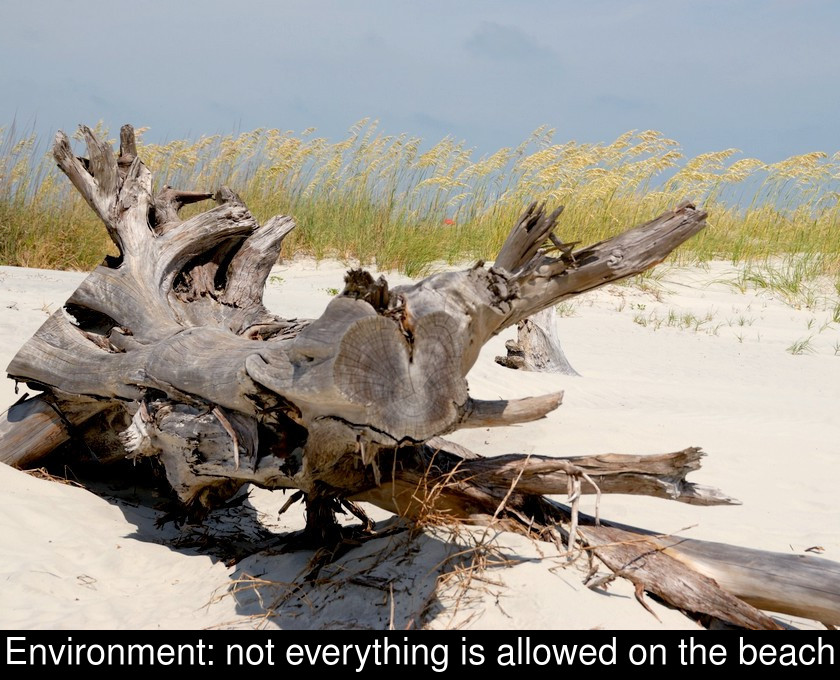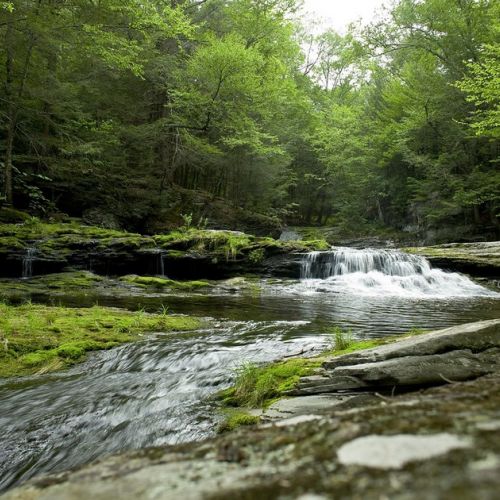Environment: Not Everything Is Allowed On The Beach
Even though beaches are places of recreation and relaxation, you should know that there are regulations that protect the fragile environment of the coastline. Therefore, you can't just pick up whatever you want on the beach. We suggest you take stock of what is allowed and what is not.
What does the Environmental Code say?
According to the Environmental Code, the use of beaches is free and unrestricted.
However, collecting sand, pebbles or shells as holiday souvenirs weakens the coastline. That is why this practice is framed by law.
According to Article L 321-8 of the Environmental Code, 'material extractions are limited or prohibited when they risk compromising, directly or indirectly, the integrity of beaches, coastal dunes, cliffs, marshes [...]'
What can be picked up on the beaches?
In practice, it is forbidden to collect sand on the beach. The Environmental Code considers that this is an infringement of the public maritime domain and that this collection weakens the coastlines.
So, if you want to bring back a little souvenir of your holidays, collect instead the "wind sand", i.e. the sand that has been blown off the beach by the wind onto the pavement or the sidewalks.
Also be aware that the authorities generally tolerate the collection of a small amount of sand, if it is reasonable and not for commercial purposes.
The same applies to empty shells.
If you feel like collecting driftwood, you can do so as there are no official regulations on collecting this wood polished by the water and brought to the beach by the waves and tides.
The collection of frosted glass is also allowed as it is rather beneficial to the environment and helps keep the beach clean.
What other elements are protected?
On the beaches, the pebbles protect the fauna and flora from swell and erosion.
That's why it's not allowed to pick up pebbles or even pile them. Even if pebble piles look good to you, be aware that they are not safe for ecosystems.
As far as the flora of the coast is concerned, you should know that the Seaside is home to a specific flora that only grows on the coast and is therefore protected.
It is forbidden to collect these plants because the Environmental Code considers that it is 'an attack on the conservation of non-cultivated plant species.'
Finally, if you feel like gathering live shellfish to eat them, you should check with the town hall beforehand as the regulations for shore fishing vary from department to department.
What are the penalties?
On your Seaside holiday, remember that you can't pick up everything you want on the beach.
Indeed, offenders are exposed to fine.
Unreasonable sand collection is punishable by a fine of up to 1500€.
Gleaning pebbles to adorn your garden or interior decoration can also cost you the same fine.
Beware: collecting protected plants on the coastline can get you a fine of 150,000€.








